Health and policy experts say that transparency and prompt sharing of information about Omicron by African nations should be lauded; demand strong leadership to carry out better investigations to avoid another global lockdown
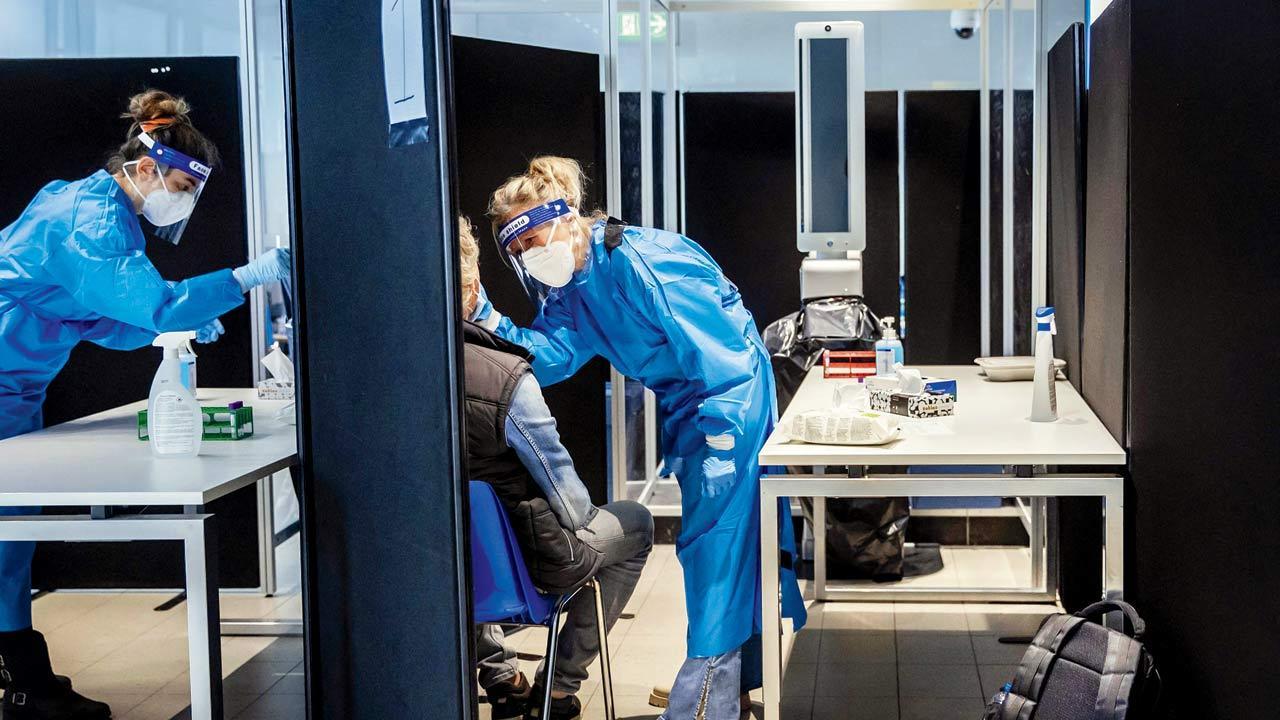
Travellers from South Africa are tested for the Coronavirus on arrival in a test street at Schiphol airport, Netherlands. Pic/Getty Images
South Africa and Botswana have been in a tizzy ever since Omicron, a SARS-CoV-2 Variant of Concern, was first detected in November. Many countries in the world, including EU, US, Canada, UK, Russia, Japan and India, have either enforced strict travel bans or tightened borders. But, according to health experts, this knee-jerk reaction from global countries might do little to help the current situation, especially since both these African nations have repeatedly denied being the “country of origin” of the variant.
ADVERTISEMENT
What’s most worrisome, say health experts, is that the new variant is being reported among people, who had no travel history to either Botswana or South Africa.
 Dr Lieve Fransen, policy maker, European Union
Dr Lieve Fransen, policy maker, European Union
Instead of shooting in the dark, experts said that countries with strong genome sequencing capabilities, should make sincere attempts to trace Omicron’s origin at the earliest. If not, they believe that we could find ourselves in a similar situation like we did last year, when the pandemic first broke in Wuhan, but no one knows how.
Stop the blame game
Dr Subhash Hira, professor of Global Health at University of Washington-Seattle, and a member of WHO-Geneva, COVID-19 review panels, said that instead of discriminating against South Africa and Botswana, we should appreciate “their transparent and prompt sharing of pandemic information”. “Active surveillance and swift reporting from these countries allowed others to take precautions against the circulation of the new variant,” said Dr Hira.
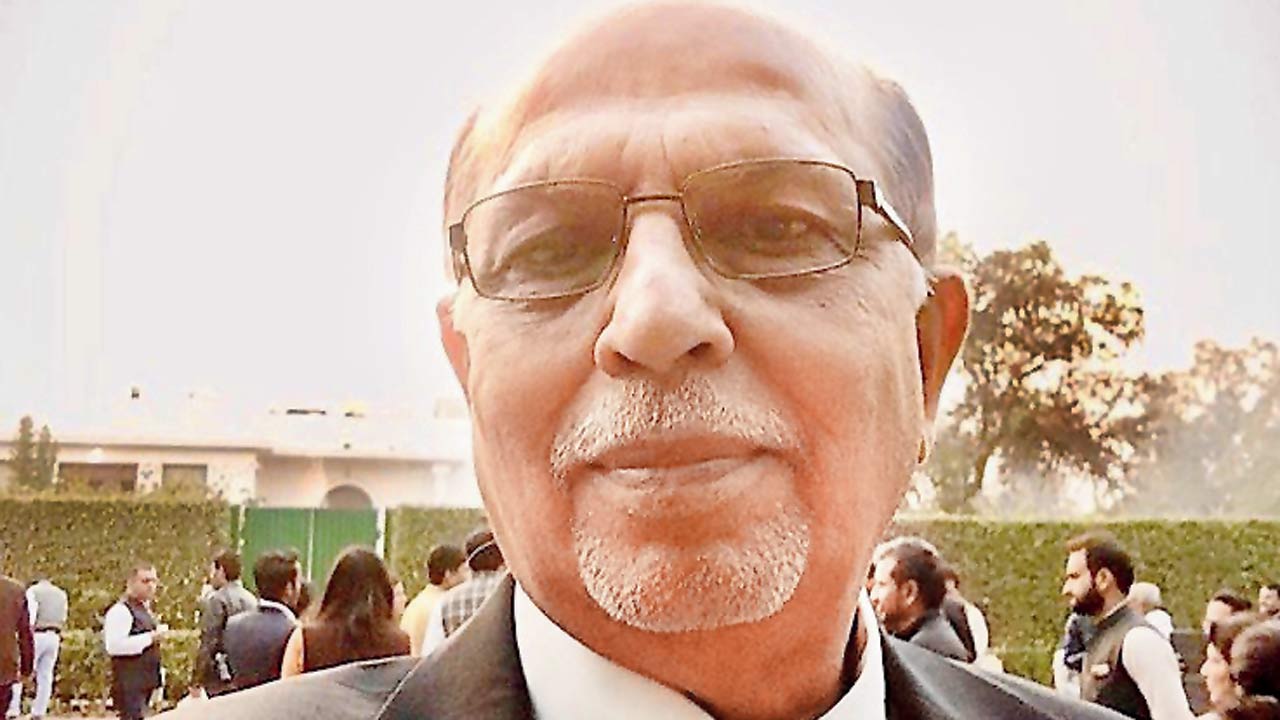 Dr Hira
Dr Hira
According to him, the “travel bans and blame game smack of racism”. He added that the “good practice” followed by these countries was in stark contrast to the conduct of China in September 2019, which delayed early reporting of SARS-CoV-2 for over three months.
Scientists, he said, are of the opinion that such fast emergent of variants of concern, would most likely happen in countries that have a very low level of vaccinated population. Dr Ketan Vagholkar, professor of surgery at DY Patil Medical College, shares similar concerns. “The genome [of this variant] is similar to the mid-2020 strain. Therefore, its origin could be cryptic, mostly from an unmonitored region or incubation in an immunocompromised host,” he said. Dr Hira feels that in the larger interest of public health, we would need to determine the country of origin of Omicron at the earliest, “so that the likely causes of these rapid variants could be addressed on a war footing.”
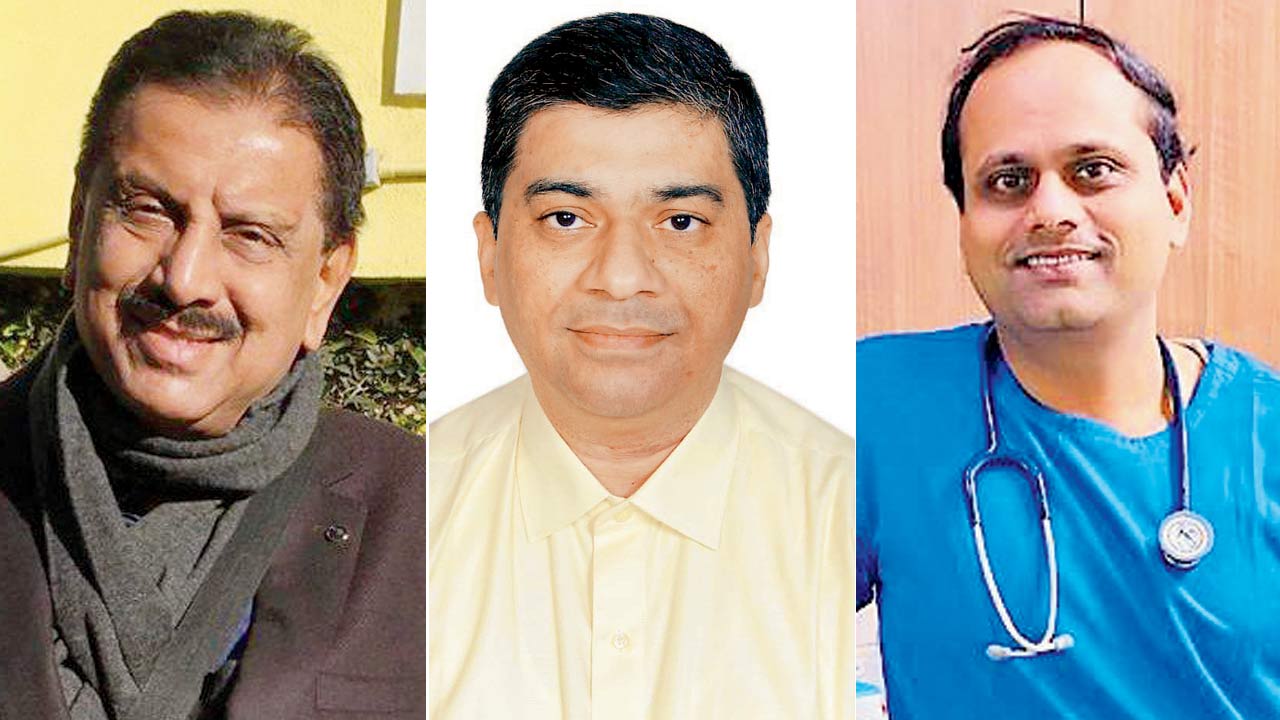 Dr Wiqar Shaikh, Dr Ketan Vagholkar and Dr Santosh Bansode
Dr Wiqar Shaikh, Dr Ketan Vagholkar and Dr Santosh Bansode
Dr Santosh Bansode, head of the department, Emergency Medicine, Wockhardt Hospitals, said that the need of the hour is a strong leadership that will carry out direct investigations about the variant. “If we know the effect of vaccines on this new variant, we wouldn’t have to think about extreme options like lockdowns. We must remain cautious and not panic.”
So far, there is no direct evidence to suggest that the Omicron variant is more transmissible than other variants. “We don’t know even know if it poses increased risks of severe disease and hospitalisation. However, preliminary evidence does suggest that infection of unvaccinated and even fully vaccinated individuals is happening with this variant,” said Dr Hira.
Dr Vagholkar said that currently all the evidence is purely speculative. “As more cases are seen, the biological behaviour of the Omicron variant will become apparent.
Whether vaccines could offer protection continues to be a contentious issue.”
Origin matters
Dr Wiqar Shaikh, professor of medicine, Grant Medical College and Sir JJ Group of Hospitals said that the origin of the recently discovered Omicron variant of the SARS-CoV-2 virus continues to remain an unsolved mystery. Omicron was first reported on November 11 in Botswana. Dr Shaikh said that the government of Botswana had said that Omicron was detected in four foreign nationals, who entered the country on a diplomatic mission. Soon after, South Africa also reported the variant. Interestingly enough, it has emerged that Netherlands could have had Omicron cases a week before South Africa. According to WHO, the country of origin is still “unknown”.
Dr Shaikh said that what is clear as of now, is that given its genomic structure, Omicron didn’t develop from one of the earlier variants—Alpha, Delta or Lambda. At present, several theories are circulating around the origin (see box).
He, however, feels that it’s unlikely that we will ever know precisely where Omicron first emerged.
Speaking to mid-day, Dr Lieve Fransen, a well-known policy maker at a senior management level in the European Union, said that when a new virus is discovered, it is important to understand where it comes from. “This is critical to be able to identify and isolate the source and prevent further introductions of the virus into the human population. It also helps to understand the process of the beginning of the outbreak, which should be used to inform the response to prevent future spillovers from animals to humans and to rapidly stop the spread before it becomes a pandemic,” said Dr Fransen.
Currently, the zoonotic source of SARS-CoV-2 is still unknown and experts are not yet sure how precisely humans were initially infected with it. “However, all available evidence suggests that SARS-CoV-2 has a natural animal origin and most probably has its ecological reservoir in bats.”
For viruses to survive, they need to invade living cells and hijack those cells to replicate, and infect other cells over and over again. “The virus makes copies of themselves in this process, developing properties that make them more successful in transmitting and replicating than the original virus. Once a virus further multiplies and spreads, new variants pop up. This is also the case with the SARS-CoV-2 virus,” Dr Fransen explained.
She said that variants will always develop as long as the whole world is not fully vaccinated or has antibodies. “We always expected more variants to be discovered. The real question is not where it originated, but if the new variant escapes immunity created by the vaccine.”
The ongoing blame game comes as little surprise to her. “Each time the world has been confronted with epidemic diseases, something similar has happened. For example, the first Syphilis outbreak occurred in 1494-95 in Naples, Italy, during a French invasion. Because it was spread by returning French troops, the disease was known as a ‘French disease’. The other example is the Spanish flu that did not originate in Spain, but in the USA,” she said.
According to her, the discovery of the Omicron variant in Botswana and South Africa reflects “scientific and transparency success” that needs to translate
in a “response success”.
“The focus of the existing public health measures would be to protect against this strain; the blame game will only be counterproductive.”
The many theories about Omicron’s origin
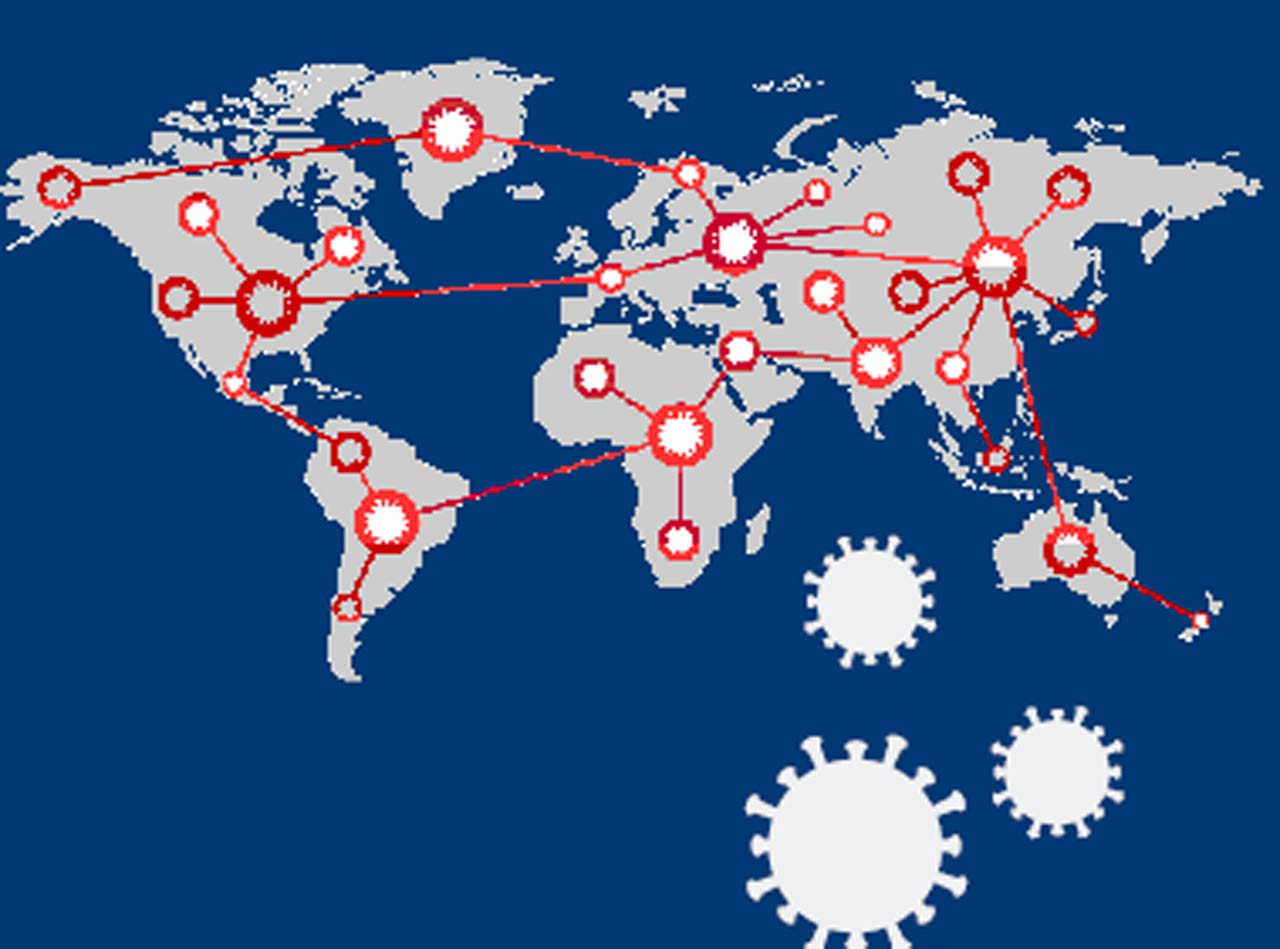
It came from animals: It is possible that the original SARS-CoV-2 virus strain infected some unknown animal population and evolved as it spread amongst them and has recently spilled into human beings as Omicron.
Cryptic or severe spread in an unmonitored region: The original strain possibly circulated in a location in the world, which was not monitored and this enabled the virus to evolve; by the time the virus was detected, it had enough mutations to make it more transmissible.
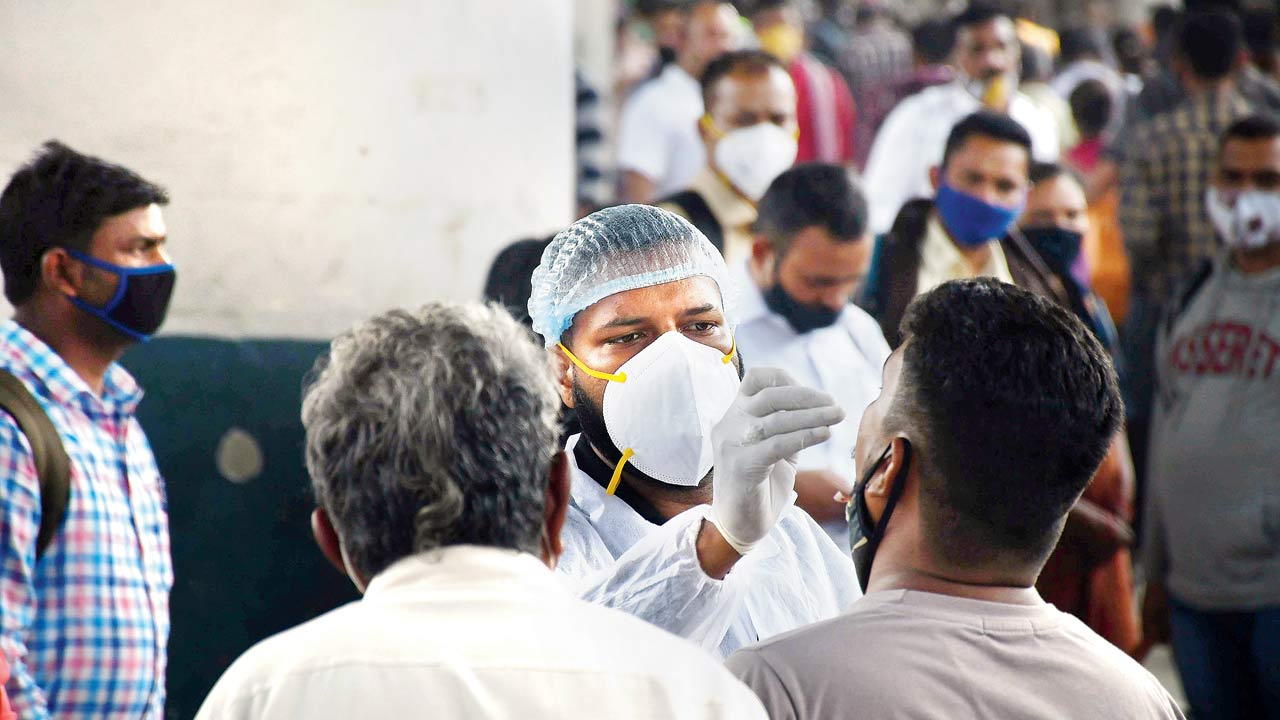
Incubation in a person who was immunocompromised: An immunocompromised state is one in which the immune system or defence system of the body has been suppressed for some reason—HIV/AIDS being one of the commonest causes. The body of an HIV/AIDS patient is one place where the virus could be in hiding, while it evolved to finally become Omicron.
Courtesy/Dr Wiqar Shaikh
 Subscribe today by clicking the link and stay updated with the latest news!" Click here!
Subscribe today by clicking the link and stay updated with the latest news!" Click here!







